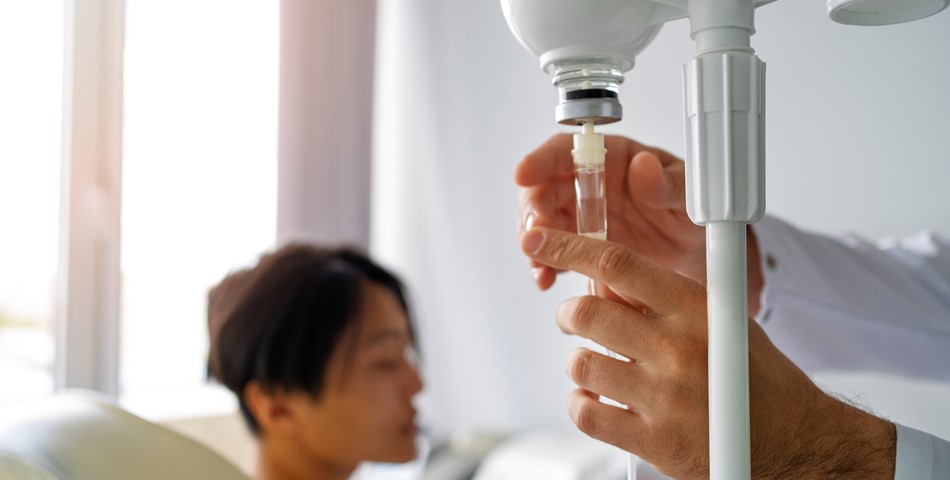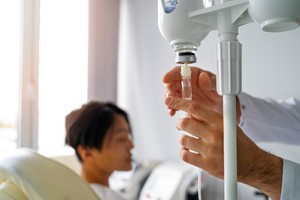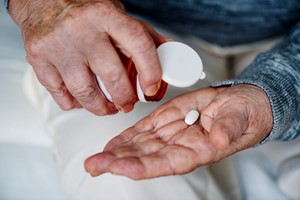In August, the US Food and Drug Administration granted approval to a new producer of a previously established medication utilized for treating severe cases of lead poisoning. This move aimed to address a shortage and eliminate the necessity for importing the medicine from France.
However, a significant challenge emerged as the newly approved version of the drug is nearly ten times more expensive than its imported counterpart, amounting to approximately $32,000 per treatment course. Dr. Diane Calello, the executive and medical director of the New Jersey Poison Control Center, expressed concerns about the pricing impact on hospitals, making it difficult for them to maintain sufficient stock of the drug.
While instances of children in the US requiring this medication, known as calcium disodium edetate or EDTA, due to elevated blood lead levels are rare, such cases still occur. In these severe situations, the affected children may experience seizures, coma, and encephalopathy, characterized by brain swelling.
Dr. Calello highlighted the critical issue of hospitals not having an adequate supply of the antidote. The scarcity of the drug could result in delays of two or three days in sourcing it, a situation that becomes especially challenging when dealing with a critically ill child in a coma or experiencing seizures.
This isn't the first time calcium disodium EDTA has faced significant price hikes. In 2016, toxicologists brought attention to a 2,700% price surge on the medication during a congressional hearing. Valeant Pharmaceuticals, which had acquired the drug's manufacturer in 2013, substantially raised the price from approximately $1,000 per course to nearly $27,000.
This playbook draws parallels with the actions of former pharmaceutical executive Martin Shkreli, famously dubbed the "pharma bro." In 2015, Shkreli acquired an age-old medication used in treating parasitic infections linked to HIV, swiftly hiking its price by 5,000%. However, Valeant, later rebranded as Bausch Health in 2018 due to mounting public and congressional resistance, applied a similar strategy across multiple medications. The repercussions of these pricing tactics led to a shortage of EDTA in 2021. Subsequently, in October 2022, the FDA permitted the importation of a French alternative produced by SERB’s BTG Pharmaceuticals to provide an option for U.S. hospitals in cases where alternatives were unavailable. This French version bore a wholesale acquisition cost of $3,500, as stated by a company spokesperson to CNN. Bausch Health discontinued its own product, and with the FDA approval of a U.S. version by Rising Pharmaceuticals, the importation of the French alternative was halted. The remaining stock of the French product already present in the U.S. is reportedly still available for order, according to the company.
CNN - Meg Tirell










